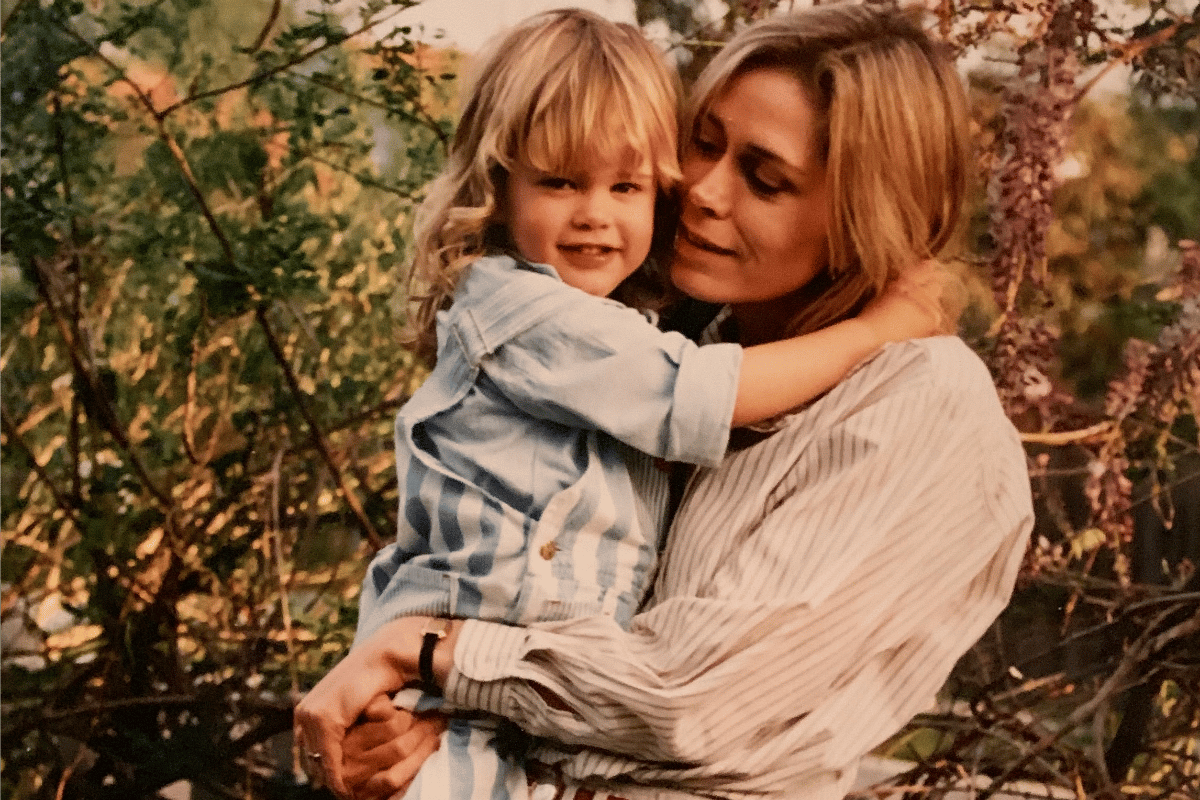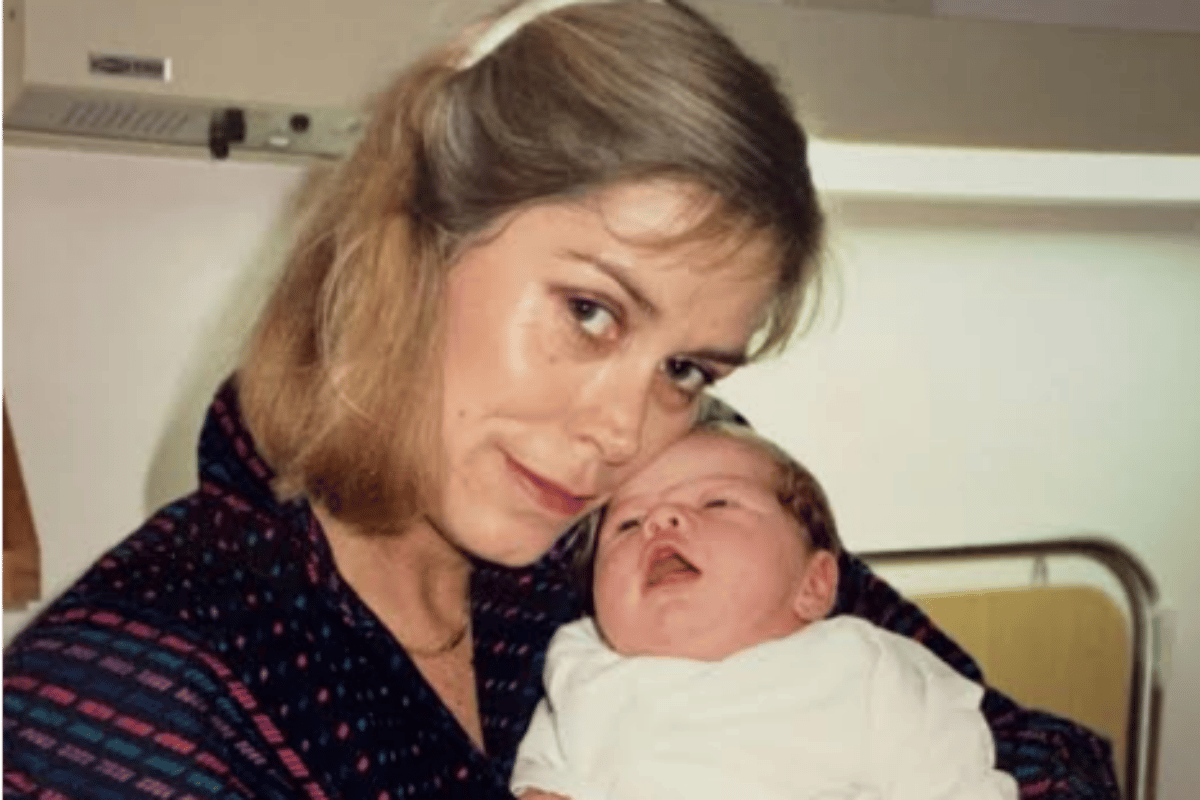
On a 7.30am flight from Melbourne to Sydney on Sunday, I was snuggled up against the window, catching up on the latest (and last, which is devastating) season of Orange is the New Black and I suddenly found myself feeling a sense of dread.
A knot had formed in my stomach.
What was that? Why was I feeling sick?
To cut a long story short (and possibly spoil one of the storylines for you), our favourite feisty kitchen hand and Russian inmate, Red, had been demonstrating some peculiar behaviour this season.
Red, the prison matriarch, was suddenly losing her train of thought. Forgetting simple tasks she had previously been able to do with her eyes closed. Experiencing out of character mood swings and finding herself lost, forgetting where she was or where she was supposed to be.
This felt familiar. I knew where this story line was heading. I’d seen it before.
Watch the moment Red is diagnosed on Orange is the New Black. Post continues after video.
Except it wasn’t a fictional character on a binge-worthy Netflix series.
It was my own mum. And I was 14 years old.




Top Comments
Thanks Tully. My mother has recently been diagnosed with dementia and although 87 her decline has been rapid. Perhaps not as rapid when we forensically diagnose her behaviours over the last few years. Her behaviour has become aggressive and violent, very out of character. My father too is public enemy #1. I have suffered lengthy beatings with no skills to combat it.
Super strength is right. Frail old lady no more when rage hits her. Although different ages your story is so familiar to me. Thanks for sharing it. Anne-Marie
Thank you for sharing your story. My Mom was 52 at diagnosis. We're beginning year 14 living with this disease in our lives and it doesn't get easier, only harder. I always felt so robbed that we began losing her at what i considered the "beginning of my adulthood," at age 20. I can't imagine what it must have been like for you losing your mother in this way as a teenager and the transition to caregiver at an even younger age. You and your family are warriors and I hope you have found some peace. Thank you for continuing to carry this battle flag.